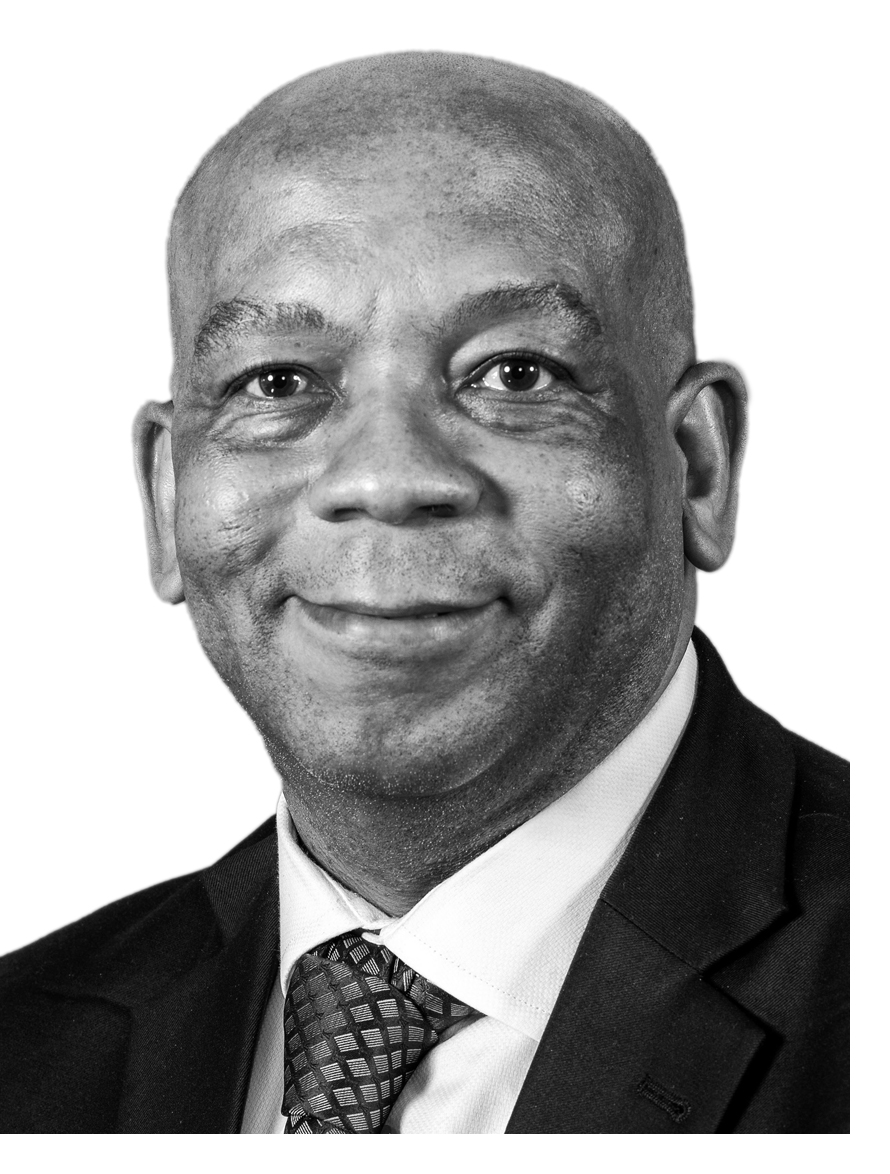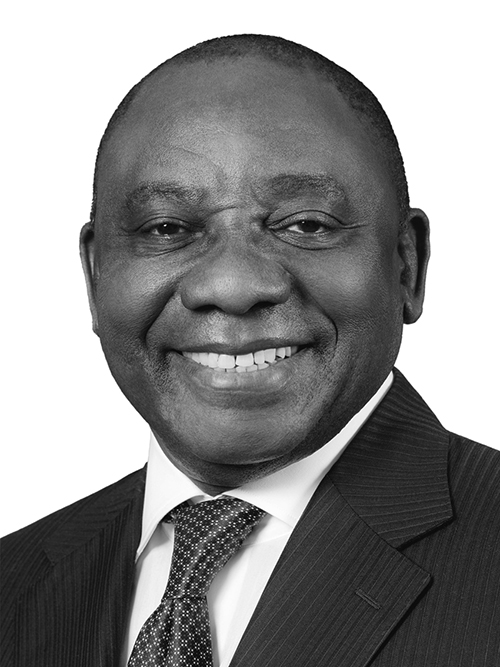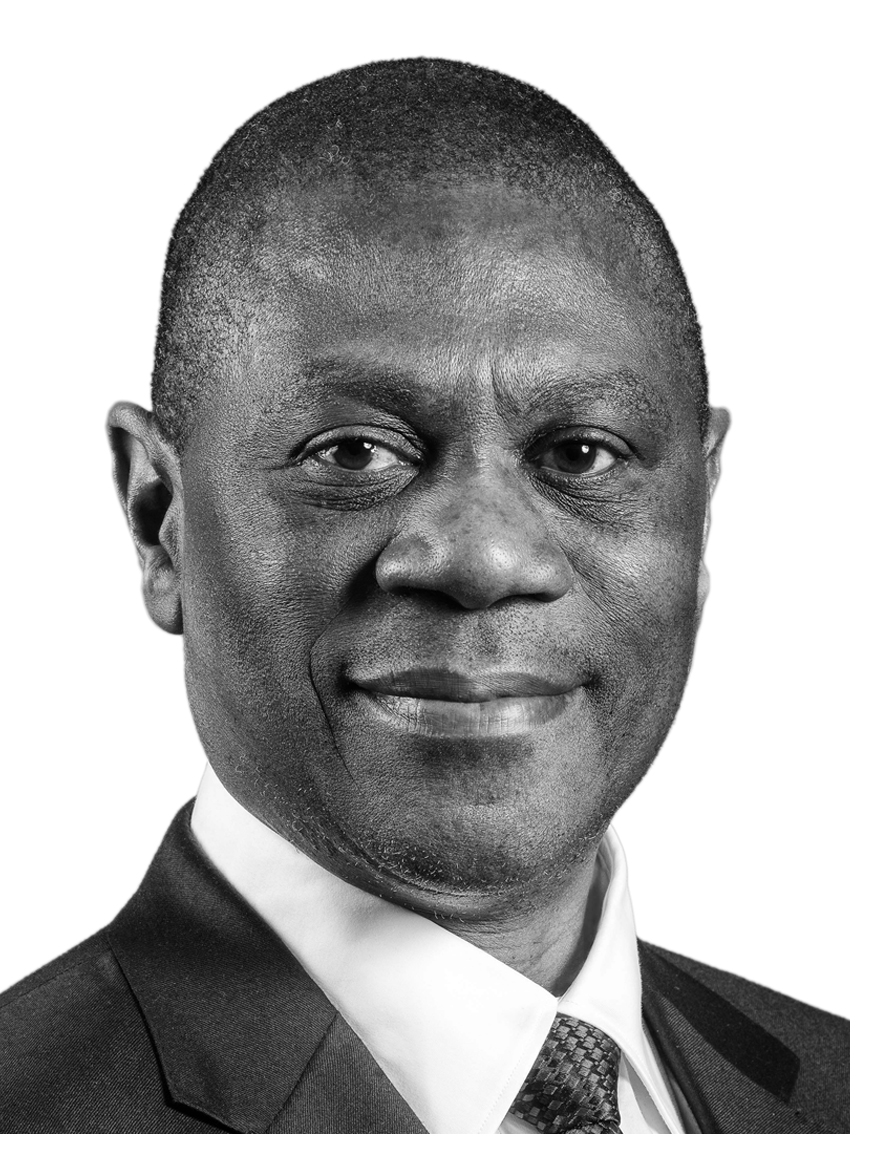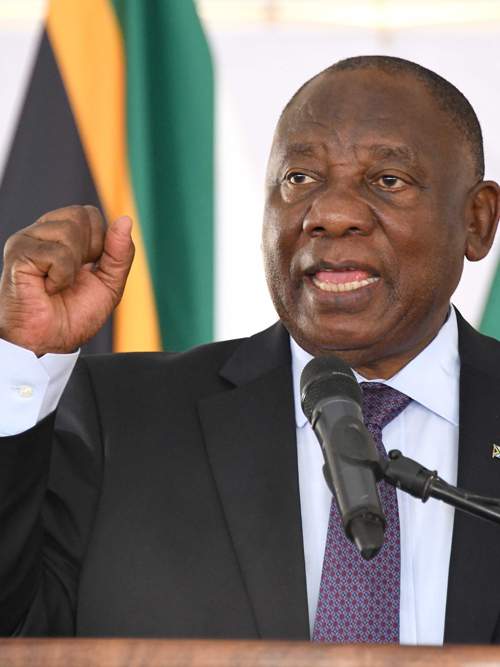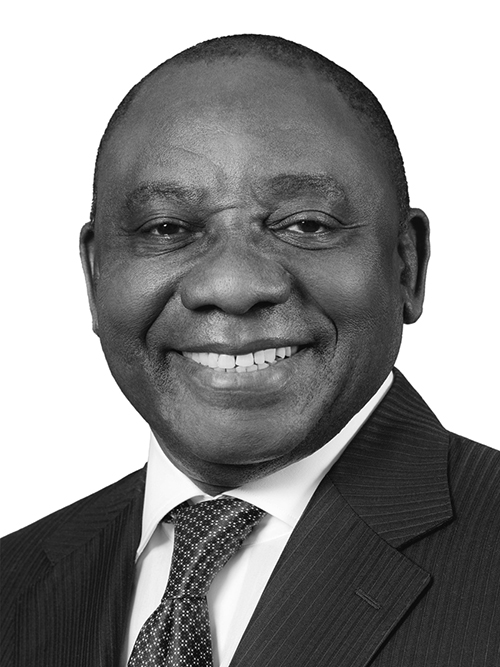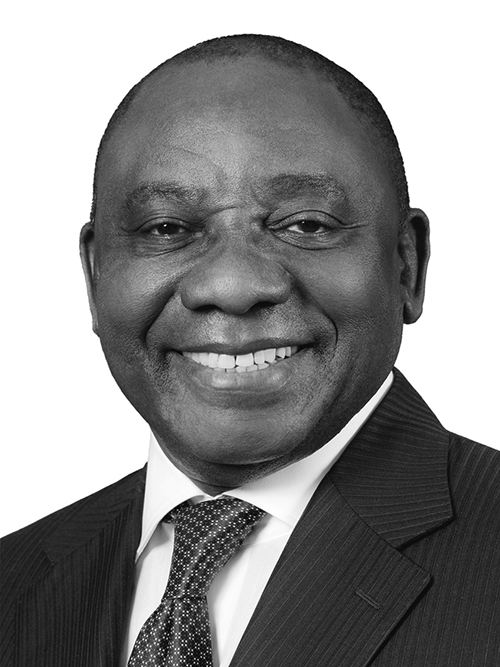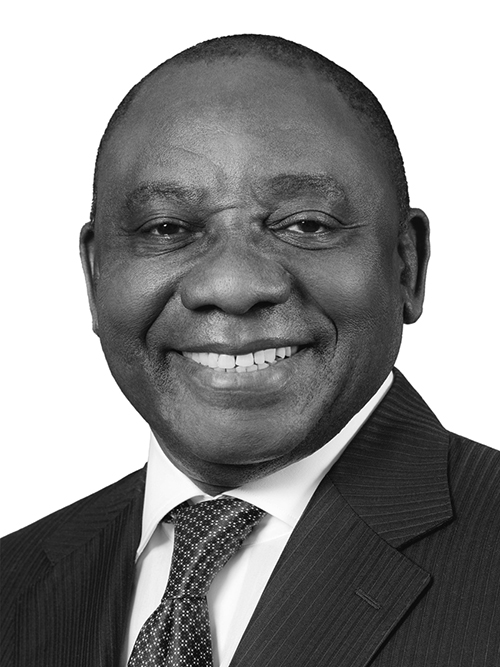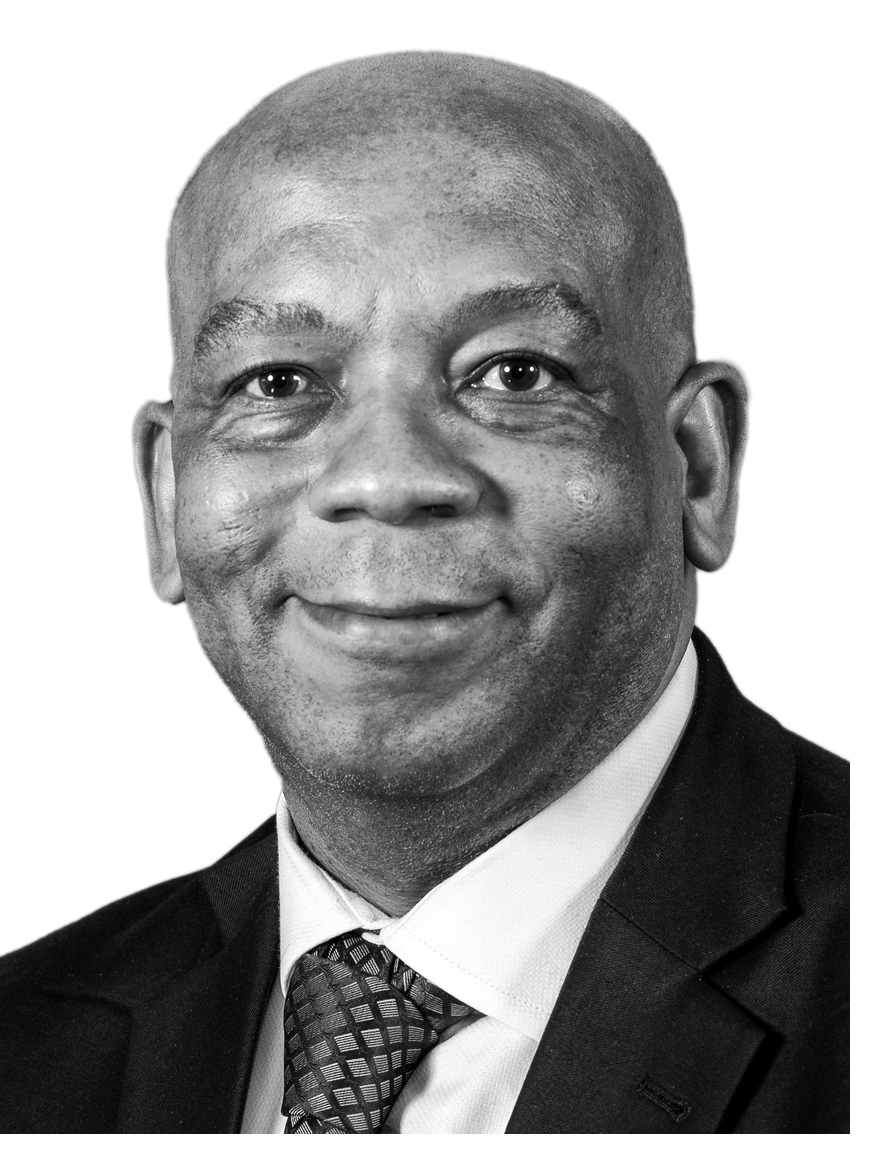Programme Directors,
Minister of Sport, Arts and Culture, Mr Zizi Kodwa,
Minister of Justice and Correctional Services, Mr Ronald Lamola,
Premier of Gauteng, Mr Panyaza Lesufi,
Ministers and Deputy Ministers,
Justices of the Constitutional Court and other courts,
Chairperson of the South African Human Rights Commission, Mr Chris Nissen,
Heads and members of constitutional bodies,
Mayors and Councillors,
Leaders of political formations,
Members of the Diplomatic Corps,
Leaders of civil society formations,
Distinguished Guests,
Fellow South Africans,
Sixty-four years have passed since the ground on which we gather here in Sharpeville bore witness to one of the worst atrocities committed by the apartheid regime against the South African people.
And although many decades have passed, we still remember with great sorrow and pain the 69 people who were killed and the many more who were maimed as they protested in peace against the grave injustices imposed upon them.
We still recall how every black South African – African, coloured and Indian – was denied the basic human rights to which they were entitled.
We recall how many generations of black South Africans were denied the right to life and dignity, the right to equal treatment, the right to vote and to be heard, the right to live where they want, to work in the trade of their choice, the right to education and health care, the right to the protection of the law.
We gather here in Sharpeville on this day so that we may pay tribute to those who fought for the rights that we today hold so dear, so that we may remember the severe hardships they endured and the great sacrifices that they made.
We gather here so that we may trace our journey as a nation over the last 64 years, from a state of discrimination and repression to a land of democracy and freedom.
Ours was a journey of relentless struggle.
It was a difficult and dangerous journey travelled by community activists and union organisers, by traditional leaders and religious groupings, by freedom fighters and underground operatives, by political prisoners and exiles, and by friends and supporters across the world.
It was a struggle that sought above all else to achieve a South Africa which belongs to all who live in it, black and white.
It was a struggle to realise the rights contained in the Bill of Rights adopted in 1923 by the African National Congress, which called for equal treatment of all people, equal access to land, direct representation and voting rights.
It was a struggle to give effect to the demands of the Africans’ Claims of 1943 for the granting of full citizenship rights and justice for all.
Ours was a struggle to realise the vision of the Freedom Charter, adopted by the Congress of People in 1955, of a South Africa that is prosperous and free and in which all enjoy equal rights and opportunities.
It was these principles and these ideals, these struggles and these sacrifices, that enabled the achievement of our democracy and the adoption of the Bill of Rights that is at the centre of our democratic Constitution.
It was therefore fitting that it was here in Sharpeville that President Nelson Mandela signed our new Constitution into law on the 10th of December 1996.
This year we celebrate 30 years of freedom.
And as we celebrate this milestone, we will reflect on the journey we have taken towards the full realisation of the fundamental freedoms contained in our Bill of Rights.
We will count the elections that we have held every five years since 1994, elections that have been peaceful, free and fair and that have reflected the will of the people.
We will assess the institutions that make our laws, that both represent the views and regularly seek the counsel of the South Africans people.
We will point to the independence of our judiciary, the vibrancy of our civil society, the activism of our trade unions and the freedom of our media.
We will list the discriminatory and oppressive laws that we scrapped, and the progressive legislation that we introduced to transform our society.
As we celebrate 30 years of Freedom, we will reflect on the progress we have made in progressively realising the social and economic rights contained in our Constitution.
We have much to celebrate.
Millions of South Africans have been lifted out of dire poverty.
Eight out of every 10 households have proper housing.
Nine out of every 10 homes have electricity and access to cleaning drinking water.
South Africans are living longer. Far fewer women are dying in child birth and far fewer children are dying in infancy.
More children from poor families are completing school, passing matric and going on to study at universities and colleges.
This has been made possible because we have, as a country, focused on correcting the injustices of the past and meeting the needs of the poor and excluded.
Working together, we have returned nearly 4 million of hectares of land to people who had been dispossessed of their land and acquired over 5 million hectares of land for redistribution and to provide security of tenure for labour tenants and other farm dwellers.
We have provided social grants for children, the elderly and people with disability, and have recently introduced a special social relief of distress grant for unemployed people.
Government provides free daily meals to millions of school children, has expanded the number of fee-free schools and has massively increased funding for students from poor and working-class families to attend universities and colleges.
As our economy has changed, more and more people have been able to exercise the right to freely choose their trade, occupation or profession.
Our economy has tripled in size since 1994.
While unemployment still remains unacceptably high, the number of South Africans in employment has more than doubled in the last 30 years.
The proportion of executive management positions held by black people increased almost five-fold between 1996 and 2016.
Fellow South Africans,
While our journey over the 64 years since the Sharpeville Massacre has been remarkable – while our 30 years of democracy have seen great changes in the lives of South Africans – our journey is far from complete.
The rights for which the residents of Sharpeville fought, the rights that are now enshrined in our Constitution, have not yet been fully realised for all South Africans.
And so, as we continue our journey towards a new society – one that is united, democratic, non-racial and non-sexist – we are guided by our Bill of Rights.
As we begin the next decade of freedom, we must strive together not only to safeguard the rights of everyone in our country, but to ensure that all may enjoy the equal protection and the equal benefit of these rights.
We must strive together for a society of equals, where none may claim dominance over another, where there is neither privilege nor disadvantage.
We must strive for a society where neither race nor gender, nor age, nor religion, nor disability, nor marital status, nor sexual orientation, determines the circumstances in which a person lives or the opportunities that they have.
We must continue our work to redress the injustices of the past, affirming those who have been disadvantaged by unfair discrimination.
We must transform our economy so that all people may participate and so that all may benefit, so that all may share in the country’s wealth.
This means that we must continue to implement policies of broad-based black economic empowerment, to support small businesses and black industrialists, to promote employment equity, and to use public and private procurement to empower black- and women-owned suppliers.
It means that we must accelerate land reform and provide emerging farmers with the resources and support they need to be productive and sustainable.
If we are to build a more equal society, all people of working age must have an opportunity to earn a decent livelihood.
We must therefore create jobs on a far greater scale and at a much faster pace.
We must provide support to those who want to run their own businesses and remove the many obstacles that they face.
And as we work together to grow an inclusive economy that provides more jobs and greater economic opportunities, we must continue to provide work opportunities to unemployed people through public and social employment programmes.
In building a society of equals, there can be no instrument more powerful than education.
We have enormous strides in securing the right of everyone to a basic education and the progressive achievement of access to further education.
We have achieved almost universal access to basic education and we have massively increased access to higher education and training.
But there is much more that we must do to keep young people in school until matric, and improve the quality and the relevance of what they learn.
We must continue to focus on expanding access to early childhood development and improving early grade reading.
All children need this solid foundation to succeed at school and in life.
If we are to build a society of equals, we need to bridge the divide between men and women.
Already we have made important progress.
In South Africa today, girls learn alongside boys in primary and secondary schools and receive equal education. Last year, more females passed the matric exams and got more distinctions than their male counterparts.
There are currently more female students enrolled at institutions of higher learning than males.
Close to half of our Members of Parliament, judges and magistrates are women. More than 60 per cent of public servants are women.
And yet, three-quarters of female-headed households live in poverty.
Women are more likely to be unemployed than men, and, on average, women earn less than men. Women do not get paid for caring for the elderly, children and other family members.
In what has become a pandemic in this country, women are vulnerable to violence and abuse at the hands of men.
These are the challenges that we need to overcome, by ensuring that girls and young women are able to complete their education and pursue their chosen careers, by changing attitudes of men towards women, and by improving the economic situation of women.
There must be no position in society to which women cannot aspire and attain.
A society of equals means that we must eliminate all forms of discrimination and disadvantage.
We must ensure that persons with disability are free and able to participate in every part of social and economic life.
We must confront prejudice and ignorance, providing appropriate education and ensure equal access for persons with disabilities to economic opportunities.
The adoption of South African Sign Language as the twelfth official language reflects both our commitment and our ambition as a society to improve the circumstances and prospects of persons with disability.
If we are to build a society of equals, a South Africa that belongs to all who live in it, we must end the discrimination and intolerance directed at people because of their sexual orientation or gender identity.
We must resist the efforts of those who want to take us backwards, who express reactionary and hateful views directed at members of the LGBTQI+ community.
Rather, we must foster a culture of understanding and acceptance, of support and empowerment.
In just over two months from now, South Africans will go to the polls to vote in the 7th democratic election for national and provincial government.
They will be exercising one of the defining rights of our democracy, the right to freely and in secret choose the people who will represent them in Parliament and the provincial legislatures.
The regularity, the peacefulness, the fairness and the integrity of our elections are achievements that we must dutifully protect.
We must not tolerate the threats, intimidation and undemocratic actions of those who want to undermine our electoral process.
But we must go beyond the right to vote. We must create more space and open up more opportunities for all citizens to have a say in the decisions that affect them.
We must do so by strengthening the processes of consultation in government, in Parliament, in legislatures and in municipalities, making them more meaningful and inclusive.
At the same time, we must work together to build people’s power at the grassroots.
We must support community-based organisations and initiatives, religious formations, women’s organisations and youth bodies.
We must encourage parents to participate in school governing bodies and community members to get involved in community policing forums.
Democracy thrives when we have an active citizenry – when people are fully exercising their rights to freedom of association, freedom of expression, freedom of assembly and freedom to demonstrate, picket and petition.
Democracy thrives when people use the rights guaranteed to them to determine their own future.
This means, among other things, that people must be able to enforce their rights. They must have access to justice and to be sure that they will be treated fairly and impartially.
No-one seeking access to the courts should be denied justice because of long distances or cost or language.
Our struggle for justice is not limited to the courts.
It also a struggle for social and economic justice.
It is about recognising the right of every person to an environment that is not harmful to their health or wellbeing. It is about the sustainable management of our natural resources and the conservation of our environment and biodiversity for future generations.
We must therefore act with great purpose and urgency to respond to the devastation of climate change, which poses a grave threat to humanity.
It is critical that we reduce the amount of carbon dioxide and other greenhouse gases that we emit into the atmosphere, particularly in the production of electricity.
We have determined that this transition to a low-carbon society must be both just and inclusive. The communities, workers and businesses that would be most affected by this transition must be an integral part of the process, and steps must be taken to protect their rights and their livelihoods.
The just transition is an opportunity to grow our economy and create employment in new industries, to take advantage of new technologies to transform and diversify our economies.
Fellow South Africans,
As we look back on 30 years of freedom, as we look back on decades of struggle for basic human rights, we must acknowlege the great strides that we have made.
Working together, as a nation united, we have built a democracy that recognises the equal worth of every person.
We have built a society in which everyone has an equal expectation that their rights will be respected and upheld.
We have travelled this long journey together.
But we still have further to travel and much more to do before everyone can equally exercise the fundamental freedoms that are rightfully theirs.
On this Human Rights Day, let us pledge to ourselves and each other that we will travel that road together.
I thank you.



